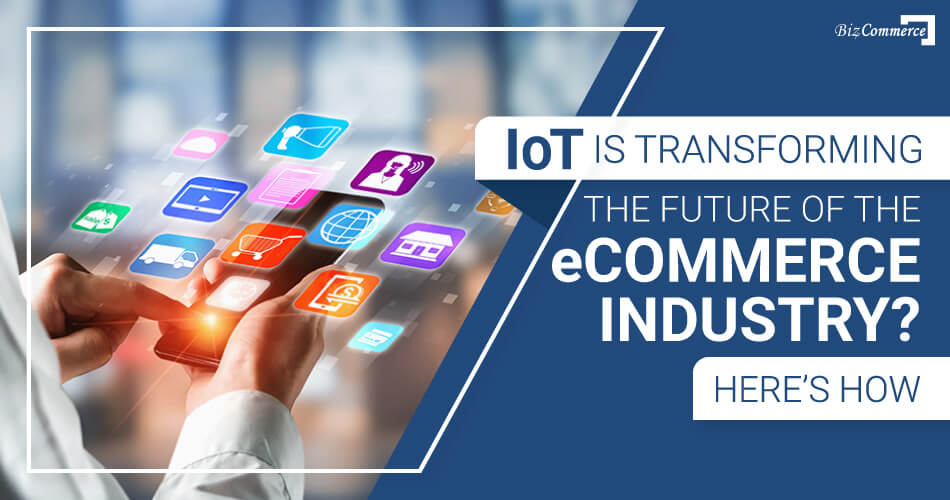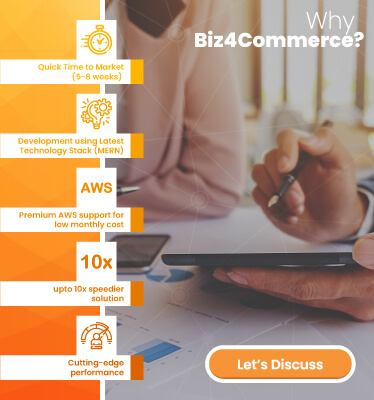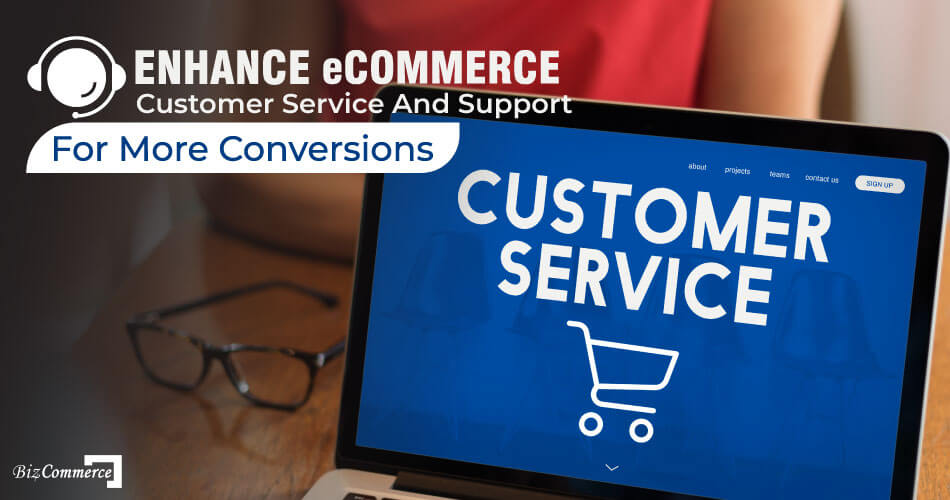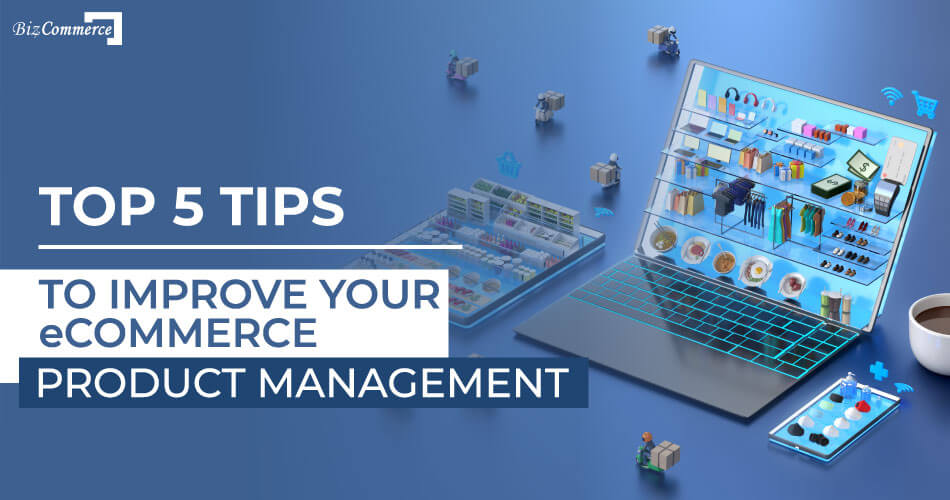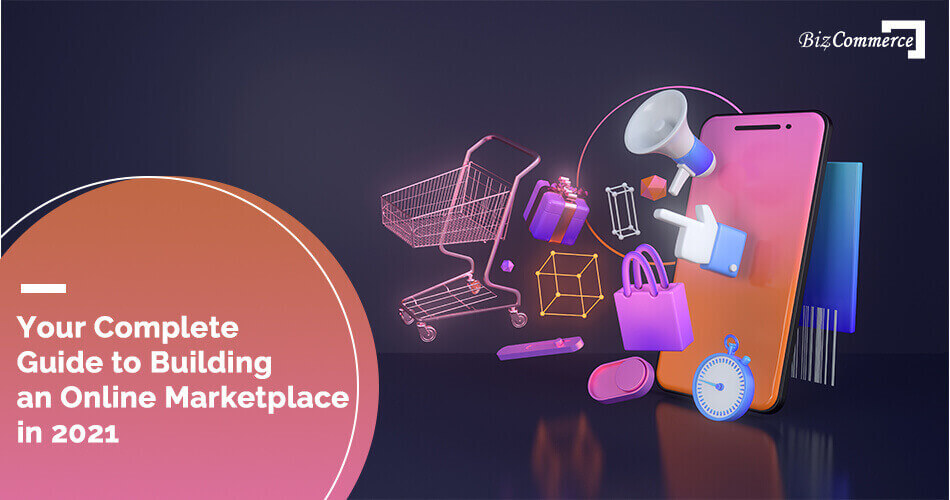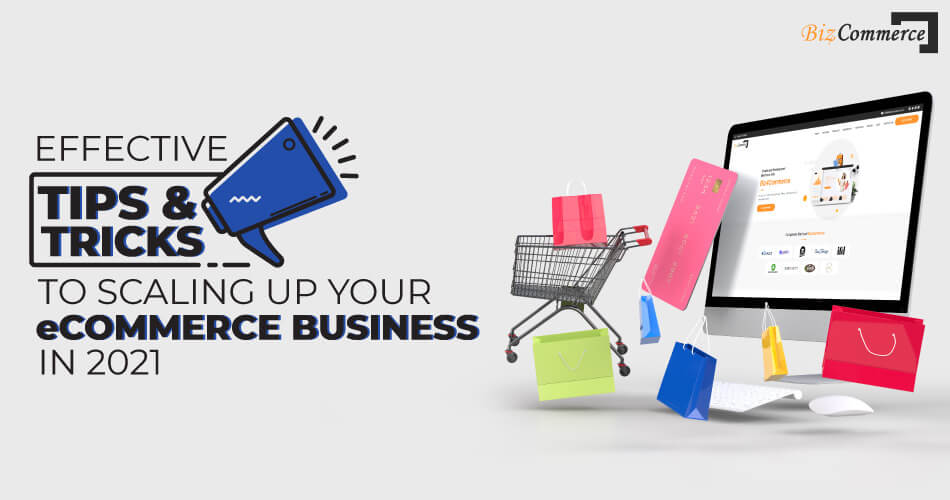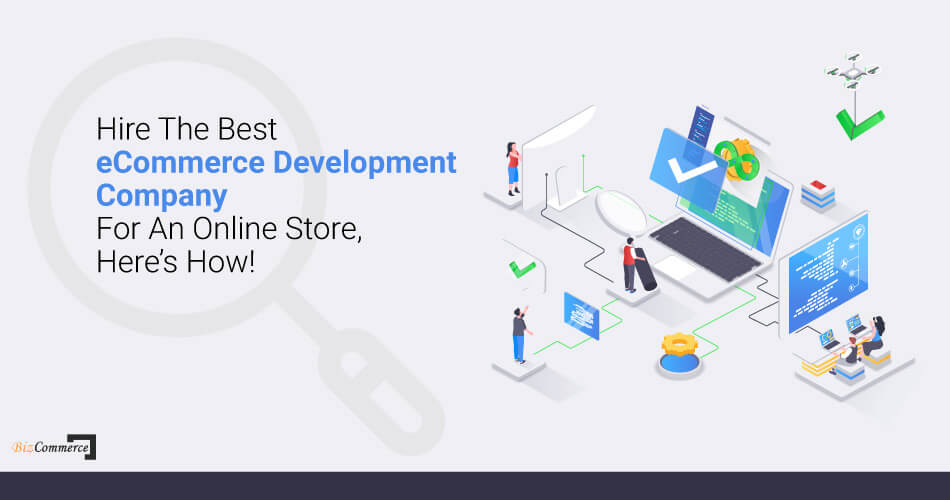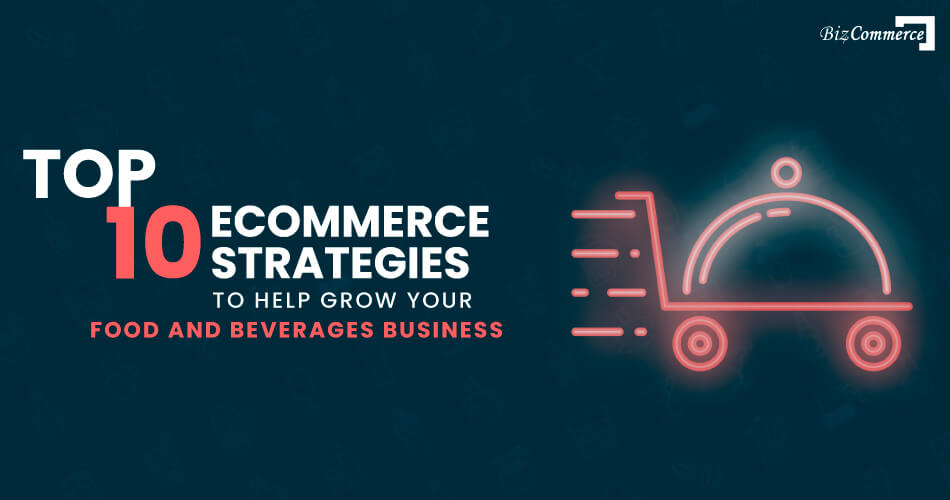How IoT is Transforming the Future of the eCommerce Industry?
Business applications of IoT and AI technologies can generate up to $11.1 trillion in value by 2025.
-McKinskey
A consumer's lifestyle is ever evolving and is increasingly becoming more adaptive to online shopping. Top players of the eCommerce industry have recognized this fact and are leveraging technology to its fullest to meet customer demands as well as draw in revenue and recognition.
The Internet of Things (IoT) is an ecosystem of devices connected via the web that use the internet as a “highway” to smartly communicate with each other. IoT in eCommerce is the new industry norm where customer service has been made efficient and personalized, leading to a parallel revenue growth. Almost all devices are now connected to the web, right from appliances to vehicles, thermostats, smart home devices, etc. Consumers are getting used to interacting with smart devices to get things done.
A great example is Amazon’s Alexa or Google Home that utilizes IoT to create a smart home by integrating and connecting with different appliances. Simply order Alexa or Google to interact with devices like electric appliances, thermostats, smart refrigerators, etc to perform a task, by commanding them with your voice!
Top 5 ways IoT is Influencing eCommerce
#1 Efficient Supply Chain Management
IoT is transforming the entire inventory management and supply chain management scene. Right from production to delivery, IoT has made it easier to manage logistics efficiently. IoT sensors and Radio-frequency identification (RFID) tags can help manage the inventory by fetching product availability, expiration dates, limited stocks and other details regarding the concerned product. RFID and GPS technologies ensure that goods are transferred smoothly to the required destinations. They can log information about the transit like the location, temperature, and conveyance details. Advanced IoT apps can predict product arrival time, thus saving customers from losing out on their delivery. Customers can monitor product transitions in real-time with detail. eCommerce companies can track product quality from the production stage until the time it gets delivered to the customer.
#2 Customer Centricity
According to a survey conducted by Deloitte, 36 percent of consumers prefer to purchase personalized services or products. Additionally, 48 percent of consumers confirmed that they can willingly wait longer to receive their customized products. Having relevant knowledge about the customer enables companies to provide the personalized experiences which in turn enhances customer loyalty and consequently, increases the company's revenue. IoT can enable users to request a product customization before buying the same. IoT powered apps enable users to change product color and design to suit their requirements. Artificial Intelligence coupled with IoT pose as a powerhouse for the company. These applications also enable users to “virtually try-on” a product before buying! This is especially helpful now, when we are stuck indoors because of the pandemic.
#3 IoT Big Data Management
Gone are the days of requesting customers to fill up surveys regarding a purchased product. IoT can be an endless gold mine of sourcing customer/product related data from multiple devices. This data can then be utilized to study customer buying patterns and make recommendations based on the same. Using this data, IoT can then aid in customized advertising and marketing for eCommerce companies to focus on a specific group of customers.
#4 Automating the Shopping Process
Customers can now buy the product needed and the cost billed to their smartphones automatically. Devices can be set up to order products based on your preference! Take for instance, Amazon Dash that was launched in 2015.Amazon Dash could enable your connected devices to automatically re-order everyday products from Amazon. It simply checked product levels in your connected devices (like, printer toner), and automatically re-ordered more. This process is also termed as “headless commerce” and there is a huge possibility that headless commerce will go on to become the future of eCommerce across the globe
eCommerce IoT Strategies to Follow
To always stay on top of the IoT game, here are some quick tips to follow:
- Create a cohesive ecosystem of smart IoT devices that will be smart, responsive and customer centric
- Improve your eCommerce marketing strategy to highlight the technological advances that your company follows
- Ensure that security features integrated within the IoT device is of a top-notch quality
- Be transparent with your customers about the collection of their data and what is done with it
- Provide detailed information regarding the product quality and condition
- Allow customers to track product delivery in real-time.
- Keep abreast with changing IoT trends in the market
Final thoughts
As more devices get connected with smart features, more data will be gathered, and consequently consumer experience can be improved. The eCommerce industry will see a growth in revenue, better inventory management, easy tracking of security issues and much more. Matching the advancements in IoT with the scope of eCommerce creates a win-win situation by automating business processes, helping to save capital and time, while providing a holistic customer experience
Biz4Commerce is a MERN-based eCommerce product, developed specifically to handle all your business needs in a single, complete package. You can build and design an online store, manage products and inventory and sell to customers, all from the same platform. Looking for a trusted technology partner to launch your eCommerce store? Get in touch with our experts for free consultation today!!
